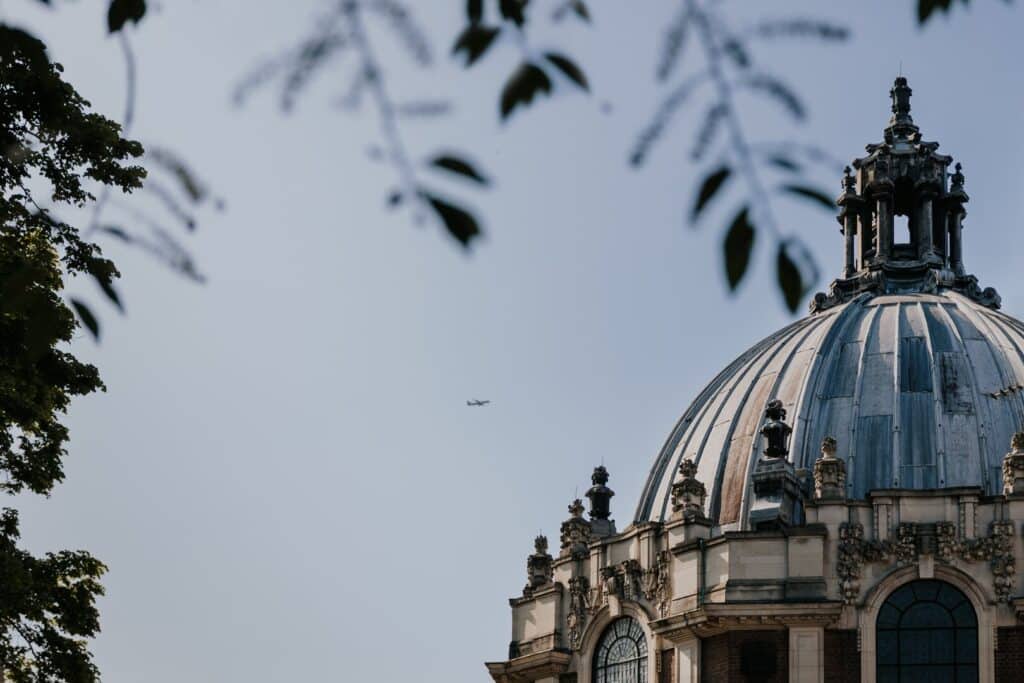The Slavonic Society: Yermolai Solzhenitsyn
Monday, 15th October 2012
There are few more qualified to speak about the state of affairs within the Russian nation than Yermolai Solzhenitsyn. Having been educated at Eton, Harvard and Princeton, Yermolai now works as the Director of the Moscow office of McKinsey’s. Intimately acquainted with the country, his talk on the challenges and opportunities that it currently faces was extremely stimulating.
Like his father, Yermolai is concerned with the many problems within the Russian economy. Since the collapse of the Soviet Union, the country has outgrown its infrastructural capacity and is now severely hindered by a lack of development. This, coupled with social problems such as a declining population, low life expectancies and endemic corruption severely hinders Russia’s economic growth. Yermolai also hinted of problems to come, stemming from an overdependence on the export of oil and gas.
The Society also heard of some possible solutions to these economic woes. First and foremost, the Russians must tackle the problem of political apathy amongst the population. Despite the waves of political protests in Russia that have captured the attention of the media, most Russians indicate via polls that they are largely unconcerned with political issues. This factor must be properly addressed if the issues of corruption and government inefficiencies are to be resolved. Secondly, the Russian nation must again look East for growth and prosperity. The symbol of the Russian state is the double-headed eagle, which some believe symbolises Russian co-operation with both the West and the East. Ironically however, despite its proximity to China and the other growth economies of Asia, Russia invests very little in its eastern neighbours. As Yermolai poignantly argued, if you cut off the head that looks East, the eagle won’t simply look to the West; it will bleed to death. In the early days of the Russian Empire, the Russian people looked East for expansion and growth. Now, if the modern Russian state is to survive and prosper, if must again turn its head in that direction.
Li, Z. : (PBS)



